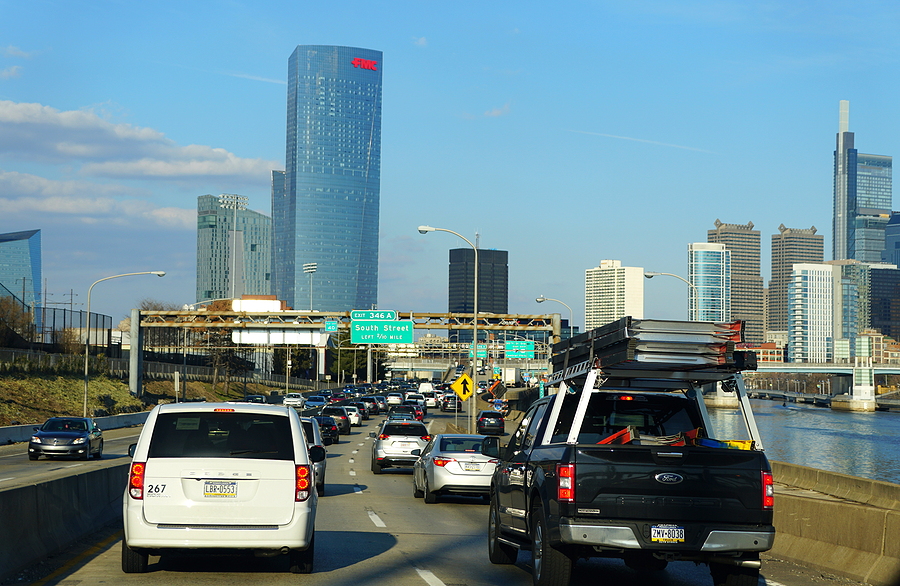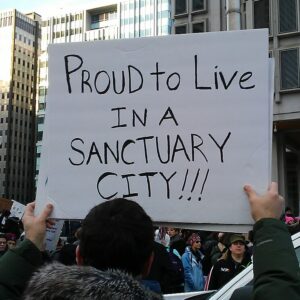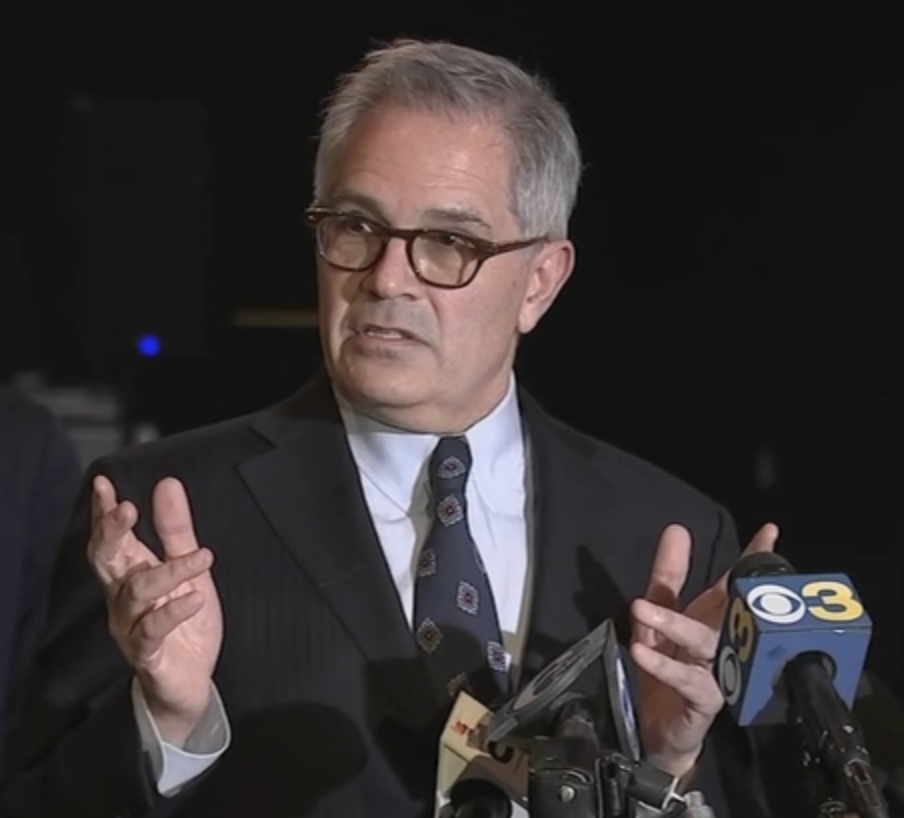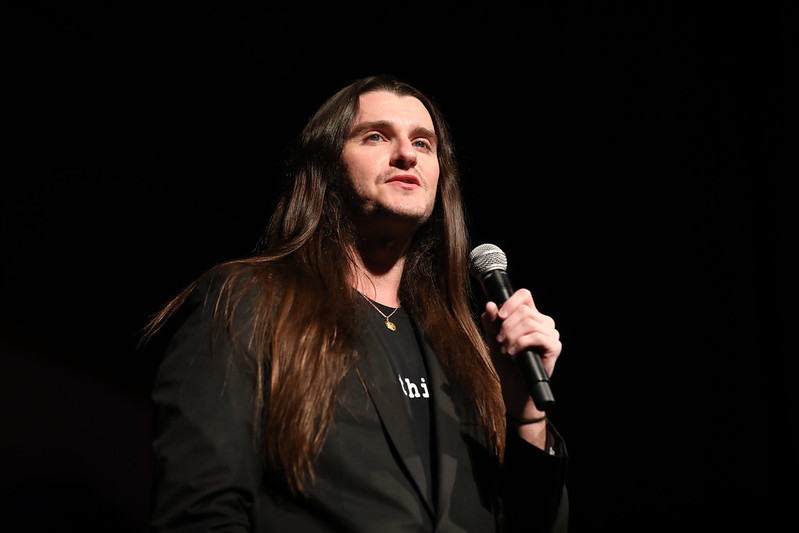The Schuylkill Expressway is legendary for its traffic jams, and construction on I-95 has been frustrating drivers for years. In late winter, Philadelphia has pothole season. And, to make matters worse, the city is rife with confusing signage and with rude drivers who brandish their middle fingers with abandon. And parking? Fuhgeddaboudit! So perhaps it’s […]










